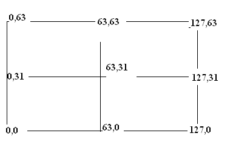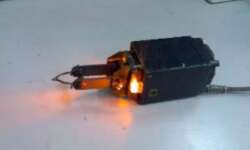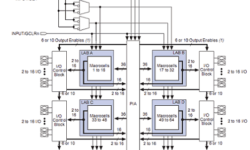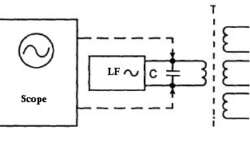Embedded Electronics and CTX Imaging

CTX imaging is an image capture process that integrates the traditional techniques of computed tomography (CT) scanners and X-rays. The system is still in the prototype stage and is far from small (at present, it’s still as big as one whole room), but Dr. Elizabeth Brainerd of Brown University, who heads the project, hopes that it will become commercial by the first decade of the 21st century. Problems with Previous Technology The two origin technologies of CTX imaging, CT scanner, and X-ray, each had their own problems regarding capturing images. CT scans produce high-quality images that can be viewed in three dimensions, at the cost of speed; subjects being observed have to stay still for up to an hour. X-rays use a fluoroscopy method, which takes images in quick succession, but at the cost of quality; images produced by x-rays can be pieced together to create a video, but they’re of much lower quality and are limited to two-dimensional views. New Features of CTX Imaging CTX imaging is revolutionary because it combines the features of CT scanners and X-rays without compromising either capture speed or image quality. Image capture starts with a traditional X-ray of the subject being observed. The…










